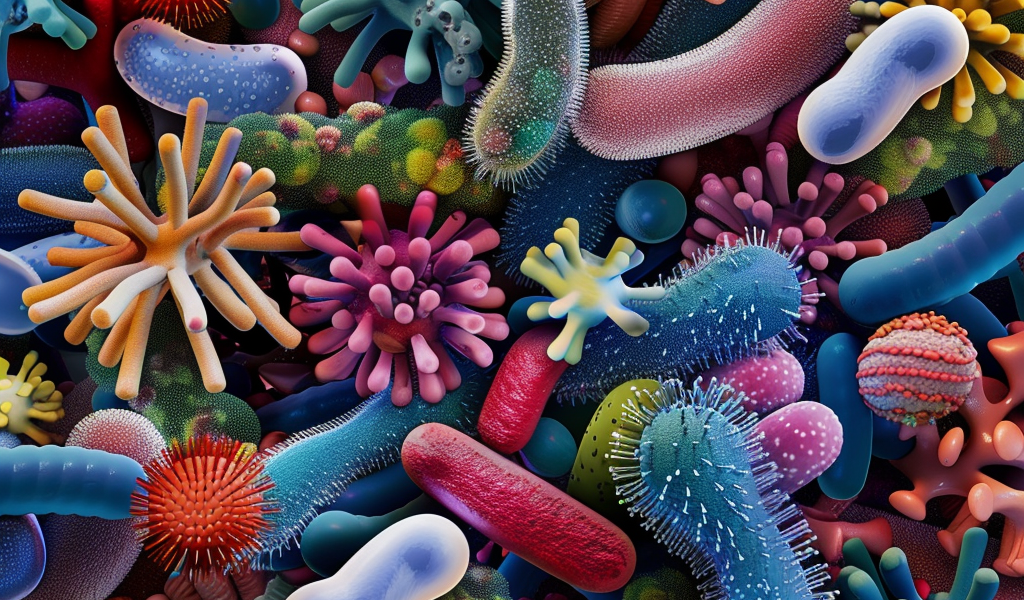Researchers have long suspected a connection between gut health and Parkinson’s disease, and a recent study has made a significant breakthrough in this area. The study identified specific gut microbes that are likely involved in the development of the disease, linking them to lower levels of riboflavin (vitamin B2) and biotin (vitamin B7). This discovery has paved the way for a potentially simple and unexpected treatment option: B vitamins.
In a paper published by Nagoya University medical researcher Hiroshi Nishiwaki and team, it is suggested that supplementing riboflavin and/or biotin could be beneficial for a subset of Parkinson’s disease patients where gut dysbiosis plays a crucial role.
Parkinson’s disease, a neurodegenerative condition affecting nearly 10 million individuals worldwide, currently has limited treatment options that focus on symptom management. The disease typically manifests with early symptoms like constipation and sleep disturbances, progressing over time to more severe symptoms including dementia and loss of muscle control.
Previous research has indicated that changes in the gut microbiome occur in individuals with Parkinson’s disease long before other symptoms become apparent. To further explore this connection, researchers analyzed fecal samples from 94 Parkinson’s patients and 73 healthy controls in Japan, comparing their findings with data from other countries such as China, Taiwan, Germany, and the US.
While the specific bacterial groups involved varied across regions, they all impacted pathways related to B vitamin synthesis in the body. The study revealed that alterations in gut bacteria communities were associated with reduced levels of riboflavin and biotin in individuals with Parkinson’s disease.
Furthermore, the researchers demonstrated that the deficiency in B vitamins correlated with a decrease in short-chain fatty acids (SCFAs) and polyamines, essential molecules for gut health and overall well-being.





